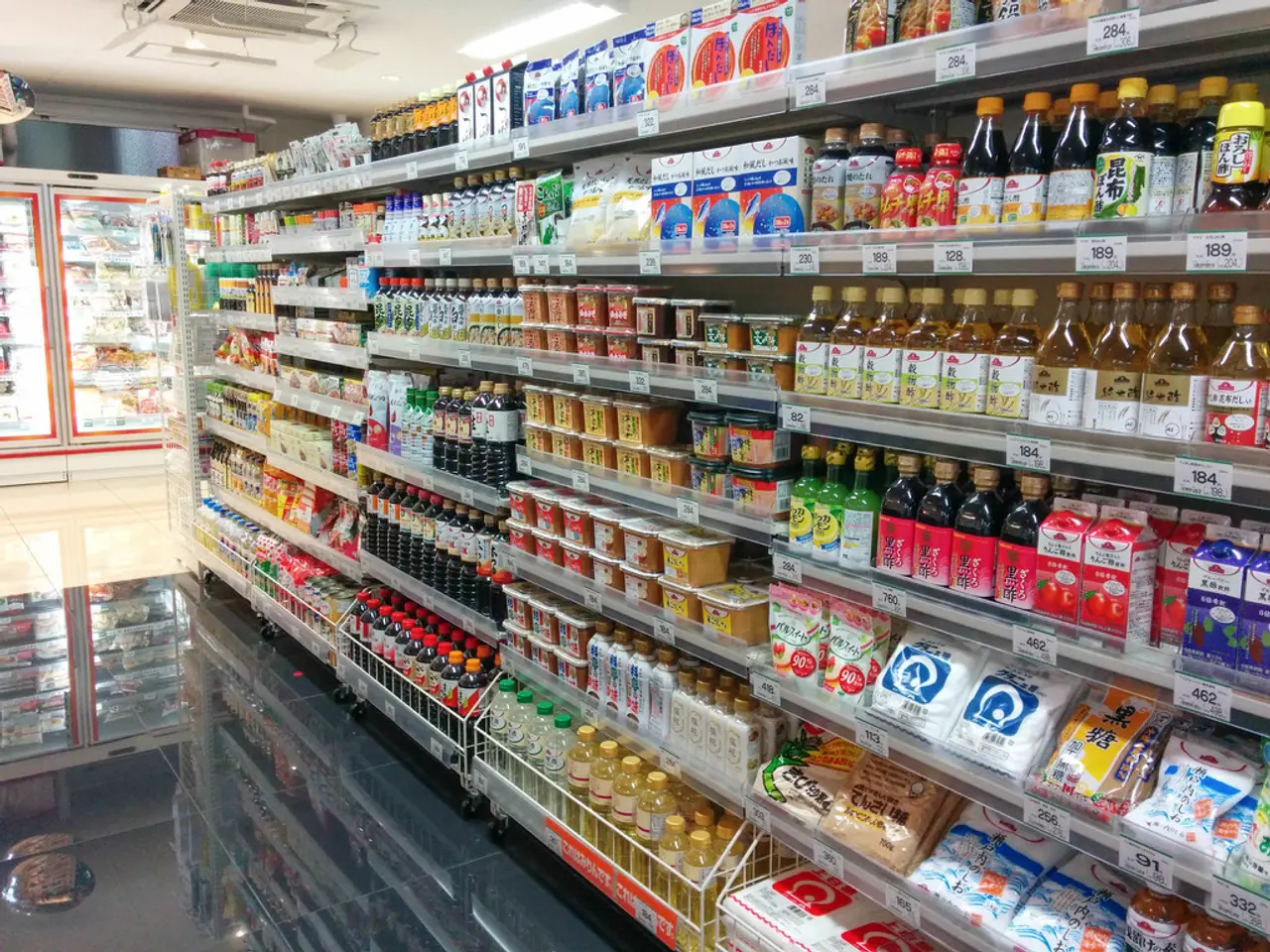Instacart Delivery Worker Declines to Transport 168 Bottles and 14 Jugs of Water Up 17 Stories, Citing Stair Use Instead
=========================================================================================
In the fast-paced world of the gig economy, questions about its future and the well-being of its workers are at the forefront. Policymakers must ensure that this sector evolves with dignity, equity, and transparency, particularly when it comes to delivery requests that can be dangerous or unreasonable.
One such platform, Instacart, maintains that shopper earnings remain steady across the platform and offers flexible earning opportunities. However, a viral story has highlighted the challenges faced by delivery workers, including encounters with obnoxious customers.
The safety of delivery workers is a concern that extends beyond individual incidents. Most gig platforms classify delivery workers as independent contractors, which limits their legal protections and the platforms' obligations to enforce stringent safety measures or compensate for unreasonable delivery demands.
Safety training and occupational health initiatives by platforms are often voluntary and minimal, focusing on general safety rather than specific delivery request burdens. Workers are often left with the choice to accept orders that involve heavy loads being carried up multiple flights of stairs without appropriate compensation or respect.
Some platforms may allow workers to reject certain delivery orders, but penalties or platform-imposed barriers discourage refusals, pressuring workers to accept unsafe or unreasonable tasks. This makes it difficult for delivery workers to refuse carrying heavy loads up stairs without compensation or adequate respect.
Cities like Boston have begun imposing stricter regulations on delivery platforms, focusing on safety, insurance, and operational transparency. These regulations may indirectly benefit delivery workers by requiring platforms to carry liability insurance and adhere to safety standards, but they do not always directly mandate compensation adjustments for difficult delivery tasks or specific protections against unreasonable requests.
Delivery workers often lack official representation and do not have enforceable rights that cover work environment safety akin to traditional employment laws. This leaves them vulnerable to unsafe working conditions and unreasonable customer demands.
Practical safety measures advise drivers and delivery workers to avoid accepting orders that are unsafe, such as those involving unverified users or excessive physical demands. However, this advice primarily helps mitigate risk rather than resolve underlying platform or customer expectations.
Emerging regulations and advocacy efforts may gradually improve protections and fair compensation in this area. For instance, Favor, a delivery service owned by Texas supermarket H-E-B, has seen workers' pay rise to $155 a week in 2024 with a decrease in hours worked by 13.1%.
As the conversation around gig economy worker rights continues, it is crucial to address the safety concerns faced by delivery workers and ensure that they are treated with the dignity and respect they deserve.
- Despite efforts by some platforms to improve working conditions, social-media posts by delivery workers continue to highlight the persistent challenges they face, such as encounters with obnoxious customers and unreasonable delivery demands.
- In the debate about the future of the gig economy, the need for increased protection and fair compensation in the entertainment and pop-culture domains, such as improvement in working conditions for delivery workers, cannot be overlooked.





